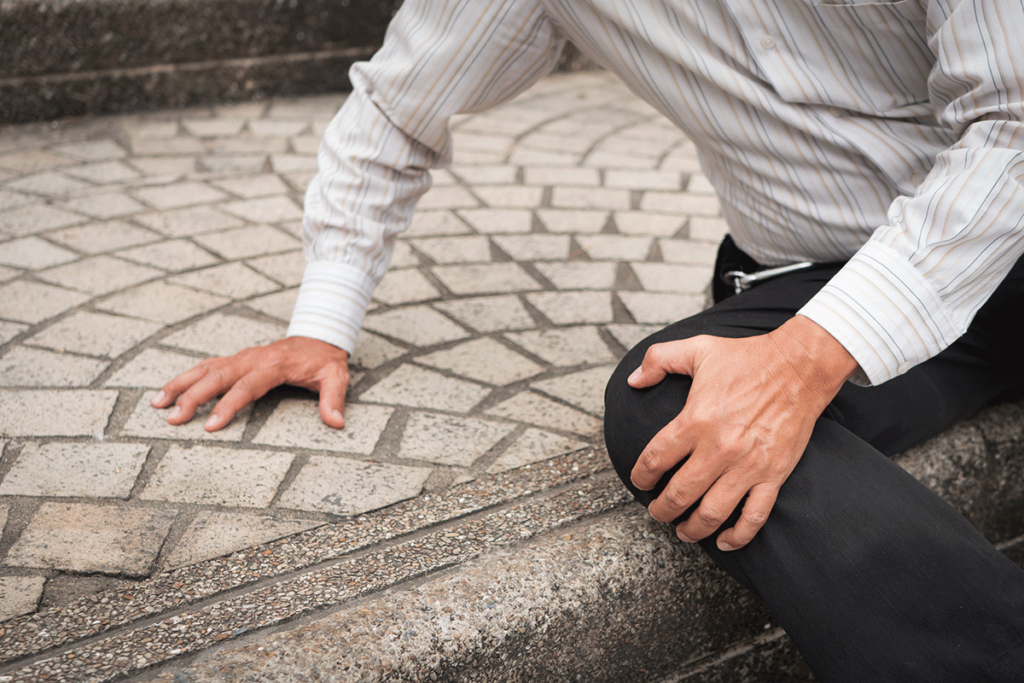It is generally understood that excessive alcohol consumption poses many dangers to your health, including increasing your risk of getting hurt by an alcohol-related injury, but the most common alcohol-related injuries may still be unclear to many people. At Promises, our alcohol addiction treatment programs offer help and information, all of which you can access with just a call to 844.875.5609.
Most Common Alcohol-Related Injuries
Although most people assume that the worst issues alcohol can cause appear only after many years of severe alcohol abuse, a large number of people are seriously injured each year while they’re intoxicated, even if they’ve never had an issue with alcohol in the past.
Not only does alcohol impact your coordination, but it also lowers your inhibitions, making you more likely to engage in risky behavior. To that end, the National Institute on Alcohol Abuse and Alcoholism (NIAA) states that alcohol accounts for 10% to 18% of all ER visits in the United States each year.
Road Injuries: Driving Under the Influence
Alcohol impairs driving performance at blood alcohol concentrations as low as 0.02%, according to the National Library of Medicine (NLM), which means that even if you don’t feel intoxicated, you shouldn’t be behind the wheel if you’ve been drinking.
Furthermore, the NLM states that those with an alcohol use disorder are twice as likely to be involved in a crash than people who are sober.
Besides vehicle drivers, pedestrians and cyclists under the influence also place themselves and others at increased risk.
Injuries From Excessive Cold and Heat
Hypothermia is a grave matter for those who drink in excess, especially those among the elderly population. Alcohol causes vasodilation, which makes you feel warmer when, in reality, you are losing heat. Its sedative qualities also make you less likely to realize you’re cold.
Excessive heat, however, is also a major concern with alcohol, as you are more at risk of the following:
- Starting a fire
- Burning yourself cooking
- Engaging in risky behaviors (i.e., playing with fireworks)
These risks increase for people who have an alcohol use disorder and smoke. Fatal home fires often begin with someone who falls asleep while drinking and smoking.
Falls: A Serious Concern
One-third of all fatal and nonfatal falls are alcohol-related, according to the National Library of Medicine. The two are closely linked because of the impact of alcohol on the cerebellum, which is the part of the brain that manages coordination and muscle control.
With that said, falls are more likely to occur for people who drink alcohol regularly, and the falls themselves are also more serious than those that occur to people not currently intoxicated.
The lack of muscle control and coordination makes the body’s reflexes slower and more difficult to help itself avoid serious injury as a result. People who are intoxicated are, therefore, more likely to suffer cranial injuries and limb fractures from falls, and these are, in fact, the most common alcohol-related injuries.
Keeping Yourself Safe by Getting Help
If you have an alcohol use disorder, the best thing you can do for yourself to avoid the most common alcohol-related injuries is to ask for help. Turning to treatment programs allows you to get your life back and decreases the chances of suffering serious injuries that can diminish your quality of life.
For those who are just beginning their journey to sobriety, inpatient treatment programs can be the right choice. They offer the 24/7 support you need. If that’s not possible because of family or work responsibilities, outpatient programs can still be an excellent solution.
Choose Promises for Alcohol Addiction Treatment
At Promises, we know how tough it can be to accept you have a problem with alcohol, and we understand that getting the help you need takes courage. As such, we are here to offer the unwavering support you need to heal.
With a team of experts ready to guide you through the entire recovery process and with access to some of the best therapeutic modalities for substance use disorders, we’ll provide the care you need. Contact Promises today at 844.875.5609 to learn more about our alcohol use disorder programs.

